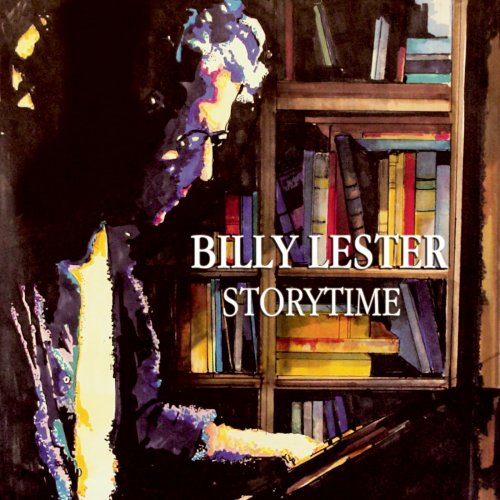Sophie Yates - Johann Christian Bach: Six Sonatas, Op.5 (2009)

Artist: Sophie Yates
Title: Johann Christian Bach: Six Sonatas, Op.5
Year Of Release: 2009
Label: Chandos
Genre: Classical
Quality: FLAC (image+.cue,log,scans)
Total Time: 67:48
Total Size: 449 Mb
WebSite: Album Preview
Tracklist: Title: Johann Christian Bach: Six Sonatas, Op.5
Year Of Release: 2009
Label: Chandos
Genre: Classical
Quality: FLAC (image+.cue,log,scans)
Total Time: 67:48
Total Size: 449 Mb
WebSite: Album Preview
Johann Christian Bach (1735-1782)
Six Sonatas, Op. 5 (1766)
[1]-[2] Sonata I
[3]-[5] Sonata II
[6]-[7] Sonata III
[8]-[9] Sonata IV
[10]-[12] Sonata V
[13]-[15] Sonata VI
Performers:
Sophie Yates harpsichord
Johann Christian Bach's sonatas belong so much to the domain of the fortepianist that we forget how terrific they can sound on the harpsichord; they are by turns rhythmically engaging, almost jazzy, witty, sparkling, and expressive. By most accounts Bach played both instruments with equal facility and did not leave us a stated preference for one over the other, indeed if he had one. Sophie Yates has done very well to remind us with her superb Chandos recording Johann Christian Bach: Six Sonatas, Op. 5, that the London Bach need not be heard on fortepiano to be experienced to his best advantage; one may make the case that Bach's sonatas benefit to some extent from the brightness of the older instrument. Yates is the first artist to record Bach's Op. 5 as a set on the harpsichord; the only other complete recording of Op. 5 has been done on fortepiano, yet these sonatas are most commonly heard individually or mixed up with the later, "Welcker" Sonatas, Op. 17. Although they are difficult to individually date, Bach's Op. 5 was published in 1766 and all six are thought to date from his first four years in London; in her notes, Yates correctly observes the impact of Thomas Arne on Bach's style and of the general English approach to melody. Luckily in Bach's case the Italian manner had already held sway for some time by his arrival in London in 1762, so the learning curve was not a tough road to hoe for the Padre Martini-educated master.
One aspect of Chandos' Johann Christian Bach: Six Sonatas, Op. 5, is that Yates captures the slight improvisational feel of these sonatas. Bach worked in fixed forms, using distinct musical phrases with varied repeats and organized into two or three movement sonatas. It is easy to look at the page -- combined with Bach's absolutely clear and relatively simple musical textures -- and then to spin out an even-handed, cookie-cutter-type result. Yates knows that there is more to these lightly marked sonatas in their limited style of transmission from the early prints; these are not commercial productions for amateurs, but full-blooded works that captured the ears and imagination of noblemen and the young Mozart alike. Under Yates' careful hands melodies sing, fast movements are full of kinetic energy, and slow movements are played with taste and expressiveness. These were considered major mainstream works in their time and seem so now when played with the care, sensitivity, and showmanship that Yates brings to the table; once hooked, you will want to listen again and again.
One aspect of Chandos' Johann Christian Bach: Six Sonatas, Op. 5, is that Yates captures the slight improvisational feel of these sonatas. Bach worked in fixed forms, using distinct musical phrases with varied repeats and organized into two or three movement sonatas. It is easy to look at the page -- combined with Bach's absolutely clear and relatively simple musical textures -- and then to spin out an even-handed, cookie-cutter-type result. Yates knows that there is more to these lightly marked sonatas in their limited style of transmission from the early prints; these are not commercial productions for amateurs, but full-blooded works that captured the ears and imagination of noblemen and the young Mozart alike. Under Yates' careful hands melodies sing, fast movements are full of kinetic energy, and slow movements are played with taste and expressiveness. These were considered major mainstream works in their time and seem so now when played with the care, sensitivity, and showmanship that Yates brings to the table; once hooked, you will want to listen again and again.
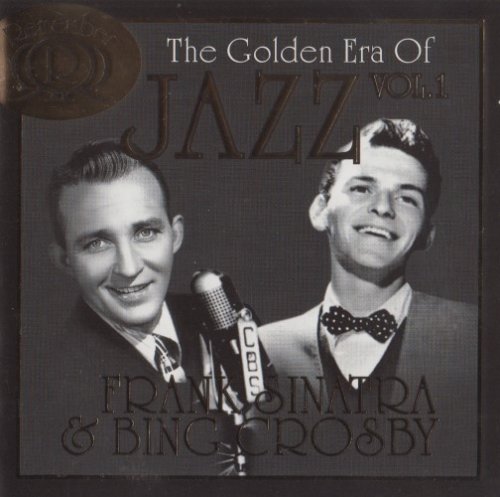
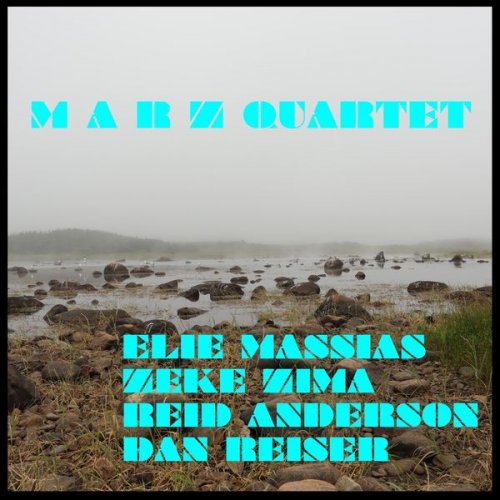
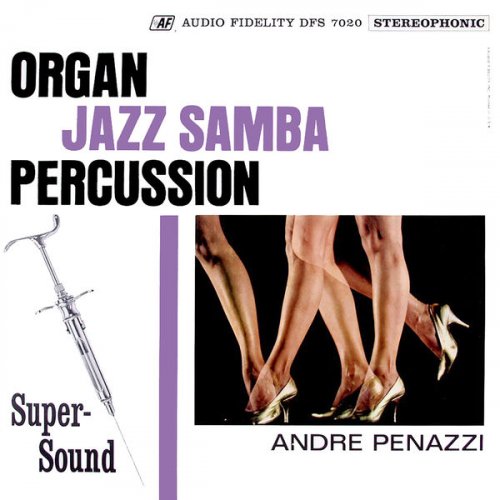
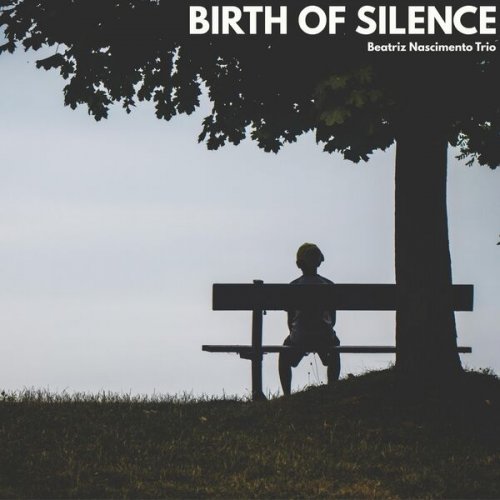
![Vicente Garcia - Tala (2026) [Hi-Res] Vicente Garcia - Tala (2026) [Hi-Res]](https://www.dibpic.com/uploads/posts/2026-01/1768883661_cover.jpg)
![Colin Hinton - Three Suites (2026) [Hi-Res] Colin Hinton - Three Suites (2026) [Hi-Res]](https://img.israbox.com/img/2026-01/23/1j01ziw4dco9g969ftsu2ln12.jpg)
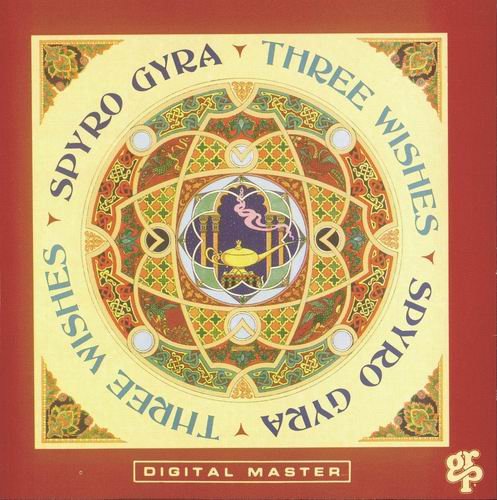
![VA - Naive Melodies (2026) [Hi-Res] VA - Naive Melodies (2026) [Hi-Res]](https://www.dibpic.com/uploads/posts/2026-01/1769024205_ifnetlpx11whb_600.jpg)
